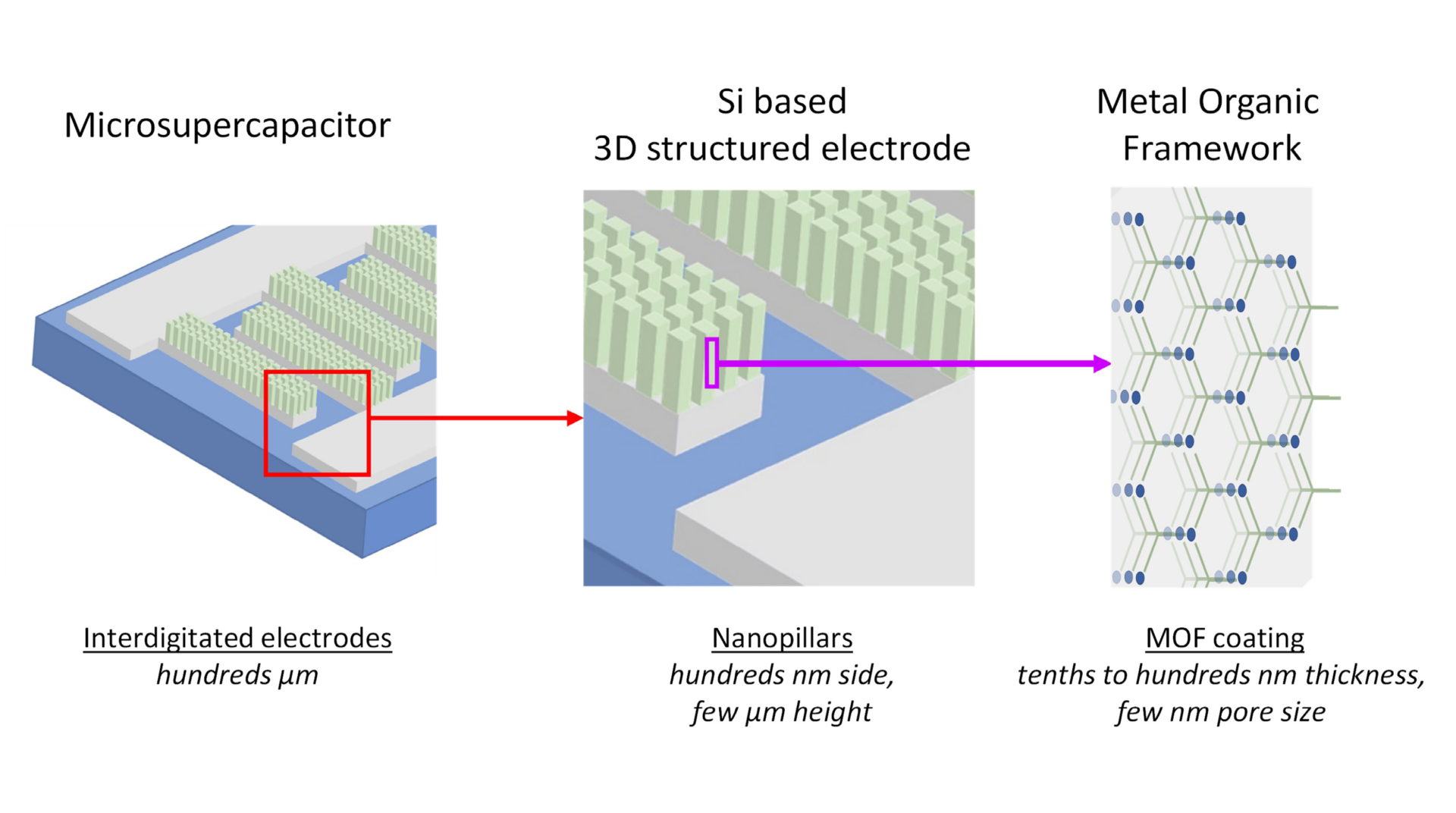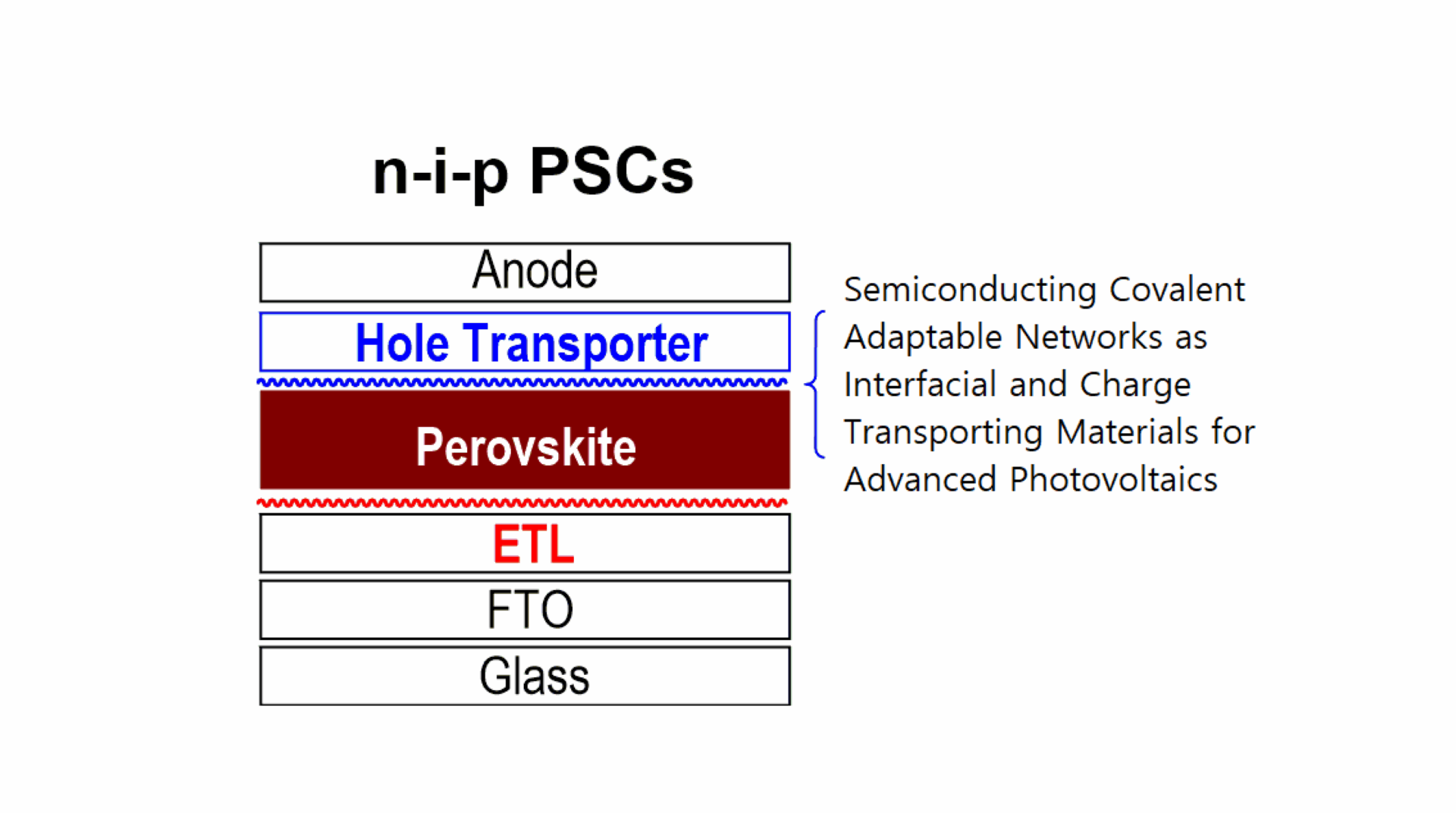LPPI
Laboratory of Physiochemistry of Polymers and Interfaces - EA2528
The LPPI is a single team of 23 permanent staff and on average as many non-permanent staff (doctoral students, post-doctoral researchers, etc.)
The LPPI is a multidisciplinary team whose main expertise concerns the design, development, characterization and use in first devices of polymer materials with controlled architecture, ionic conductive polymer materials and (macro)molecular 𝞹-conjugated materials.
- The synthesis of innovative structural polymer materials is developed for different fields of application. For example, encapsulants for power electronics and the preservation of old papers but also on more fundamental aspects linked to interfaces and phase separations in monomolecular two-dimensional (2D) films or layers.
- If ions, grafted (polyelectrolytes) or ungrafted (exogenous salt), are introduced into these materials, they become ionic conductors used as membranes separating anode and cathode in batteries, electrolysers, supercapacitors, actuators and electrochromic devices, or more recently as ionic electrodes. These networks can integrate dynamic covalent functions allowing the development of self-healing ionic conductive vitrimers.
- The development of new 𝞹-conjugated materials ranges from small molecules to polymers via nanocarbons (carbon nanotube, graphene). Their semiconductor form is used for the fields of organic electronics: photovoltaics, photostimulable surfaces, while their conductive form is used for the production of electronic conductive electrodes, which can be transparent and stretchable. Their redox properties, electrochemically switchable, allow the development of electroactive electrodes in energy storage devices (supercapacitors) or electrostimulable devices (actuators, electrochromic devices) in particular in association with ionic membranes developed in parallel.
These skills therefore allow the LPPI to propose innovative solutions, even technological breakthroughs, on academic or industrial issues requiring new structural, functional or stimulable materials. This approach is mainly applied to issues of energy storage and conversion, as well as to the preservation and restoration of material heritage and, more recently, to materials for health.
Platforms and equipement
The LPPI is one of the founding members of the Federative Structure “Institut des Matériaux” (FD 4122), with three other laboratories of the University (ERRMECe – Biology, L2MGC – Civil Engineering and GEC – Geo- science) and its “Analyses and microscopies” platform which results from the pooling, by the 4 laboratories, of their analysis techniques (https://cymicroscopies.cyu.fr/).
• Scanning electron microscope coupled EDX and RAMAN spectrometry Zeiss GeminiSEM 300 – Witec Rise
• X-Ray Diffractometer Bruker D8 advance
Research axes :
Methodological axes :
Institutions :
Supported projects :
MOF-3D-microCAP
MOF electrosynthesis on 3D structured electrodes for a new generation of microsupercapacitors.
SemiCAN4PV
Semiconducting Covalent Adaptable Networks as Interfacial and Charge Transporting Materials for Advanced Photovoltaics




